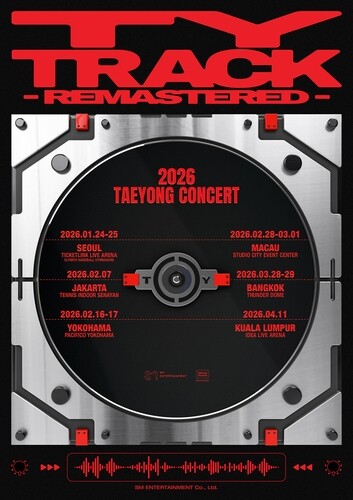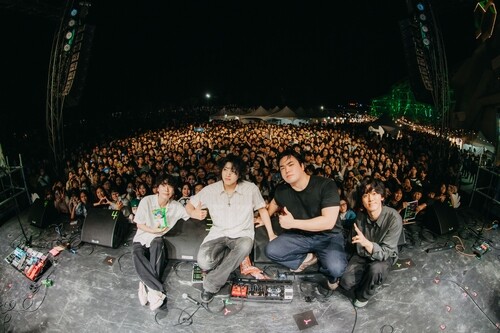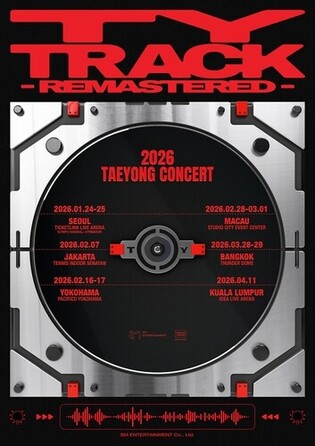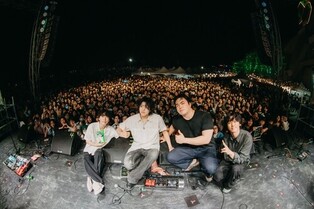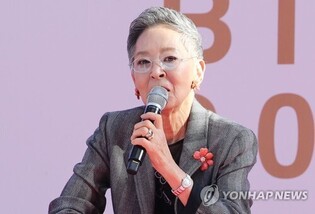*Editor’s note: K-VIBE invites experts from various K-culture sectors to share their extraordinary discovery about the Korean culture.
Matthew Lim's AI Innovation Story: Universities at a Crossroads in the Age of AI
By Matthew Lim, AI expert and director of the Korean Association of AI Management (Former Head of Digital Strategy Research at Shinhan DS)
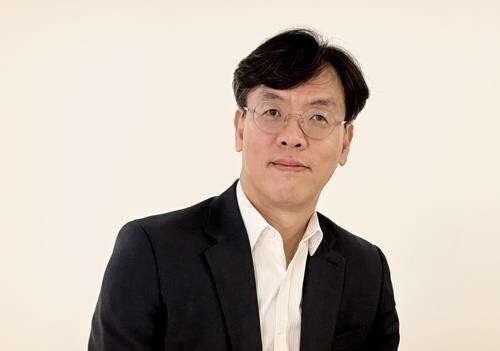
◇ Public AI caught between national pride and global performance
South Korea’s push to introduce artificial intelligence (AI) into public administration is highlighting a dilemma between relying on homegrown platforms for national pride and security, and adopting global models for cutting-edge performance.
The government has declared “Public AX (AI Transformation)” as a key 2025 initiative, selecting Samsung SDS’ FabriX and Naver Cloud’s Clova Studio as core platforms. Starting in November, officials across the country will pilot large language models (LLMs) in administrative tasks ranging from document drafting to civil services.
The contrast with the private sector is striking. Around the same time, Samsung Electronics’ semiconductor division adopted Meta’s latest AI model, LLaMA-4, for companywide use. Despite banning external AI services after a ChatGPT-related code leak, Samsung introduced the U.S.-developed model on an on-premise system, citing the need to maintain competitiveness in the global chip market. Employees now use LLaMA-4 across research, design, analysis and manufacturing, while FabriX, developed in-house for government use, is not the group’s primary tool.
The divergence raises fundamental questions: why do companies pursue the best-performing global technologies, while the government prioritizes domestic platforms? The answer lies in more than brand rivalry, involving security, policy continuity and protection of the local tech ecosystem.
◇ Public AI centered on security and stable operations
Public-sector choices are not determined by performance alone. Domestic development rates, data protection, service stability and political considerations carry significant weight. Sensitive state information and nationwide services make reliance on global cloud-based AI riskier, due to potential hacking, data leaks or service disruption.
This cautious stance reflects past practices in Korea’s IT environment. National standards such as the Hangeul (.hwp) format, public certification systems and e-government frameworks were adopted under policy justifications of independence and security. However, they often resulted in slower innovation and reduced global interoperability. For example, AI-powered tools for summarization, translation and smart editing are optimized for global standards like .docx or Google Workspace, leaving .hwp users at a disadvantage.
In contrast, private companies make pragmatic choices. Models that underperform are quickly replaced to maintain efficiency and competitiveness. Government agencies, however, place priority on domestic branding, continuity and stability, even at the cost of efficiency.
◇ Ecosystem compatibility and global competitiveness: the core of public AI
Experts warn that the true value of AI lies in ecosystem connectivity. Without compatibility with global platforms, Korean AI risks becoming an isolated system, as seen in the limitations of earlier domestic software. Major economies such as the United States, China and the European Union are integrating platforms, technologies and data on a global scale.
Analysts suggest a balanced approach. Sensitive areas such as defense, diplomacy and critical infrastructure may rely on domestic, on-premise solutions, while routine administration and citizen-facing services could benefit from adopting globally competitive tools.
The government’s national AI strategy emphasizes securing original technologies, benchmarking international standards and expanding open-source collaboration. Its vision of an “AI democracy” aims to ensure that all citizens have access to world-class technologies.
As 2025 is declared the “first year of full-scale public AI adoption,” observers note that the success of the initiative depends on finding a balance between protecting local technologies and embracing global standards to enhance practical outcomes.
(C) Yonhap News Agency. All Rights Reserved


















![[풀영상] 디즈니+ '메이드 인 코리아' 제작발표회|현빈 Hyunbin·정우성 Jung Woosung·우도환·서은수·원지안·정성일·강길우·노재원·박용우|Made In Korea](/news/data/20251215/p179554206856695_165_h.jpg)





